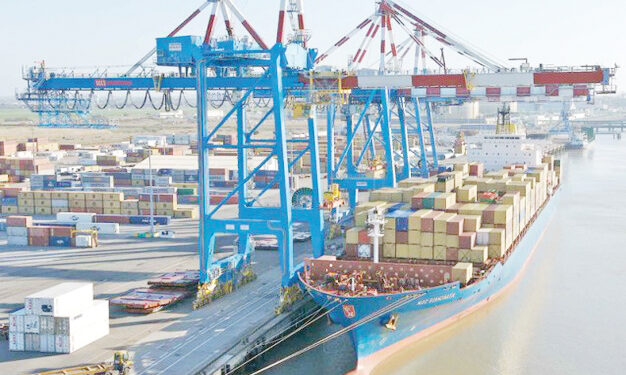The National Observatory of Agriculture (ONAGRI) published Tuesday July 15, 2025 the figures for the food trade balance for the first half of the year. This displays an excess of 824.1 million dinars, down sharply compared to 2024. The fall in exports, in particular olive oil and dates, explains this decline.
Fall exports
According to the report published by the UGRI, the Tunisia’s food balance released an excess of 824.1 million dinars at the end of June 2025, against 1833.9 million dinars at the same period in 2024. The rate of import coverage by exports fell to 125%, against 154.5% a year earlier.
In value, food exports dropped by 20.7%, while imports fell slightly by 2%. This regression is mainly due to the decrease in sales of olive oil (-31.1%), dates (-13.3%) and fishing products (-17%).
The average price of export olive oil has increased from 27 dinars/kg to 12.85 dinars/kg, a decrease of 52.4%. The prices of tomatoes also dropped by 20.3%, while those of citrus fruits increased by 23.3%, dates of 1.9%, and fishing products by 0.4%.
In terms of imports, cereals have seen their bill drop by 13.5%, in particular thanks to a decline of 18.2% for hard wheat. On the other hand, the prices of vegetable oils (+19.5%) and dairy products (+15.6%) increased.
Concern
This surplus remains hailed as a positive point in a tense economic context. However, the drastic drop in agrifood exports arouses concerns among professionals in the sector, in particular olive growers.
In 2024, Tunisia had made a record of food surplus, carried by historically high prices of olive oil. The current drop is therefore to be compared with the collapse of international prices, combined with declining volumes.
Reduction of global trade deficit
Despite this food surplus, the country’s overall trade balance displays an aggravated deficit of 9.9 billion dinars at the end of June 2025, against 8.01 billion on the same date in 2024, an increase of 23.5%.
The ONAGRI nevertheless specifies that the food surplus made it possible to alleviate this global deficit up to 8.3%, confirming the strategic importance of the food sector in the Tunisian economy.








